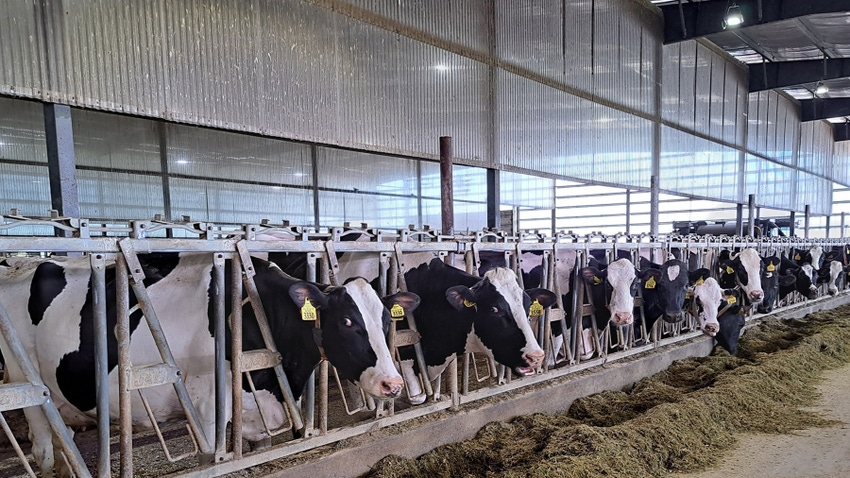July 11, 2023

by George Twohig
Farmers take pride in the history, success and future of their family farm and consider it a legacy worth continuing. In most instances, they plan on transferring the farm to committed successors, trusting the next generation will renew and keep the farm competitive and sustainable. They expect the transfer of earned equity to successors will eventually lead to the successors transferring the farm to a qualified and committed generation that follows them.
An important role of the attorney and accountant in transfer planning is helping the farmer avoid federal estate and gift taxes. In recent years, less focus has been placed on estate and gift tax planning because of the current high exemption amounts. In 2023, a decedent’s estate only faces the 40% estate tax on the value of his or her estate above the “unified credit” amount of $12,920,000 (or $25,840,000 per couple).
The unified credit is adjusted for inflation but will be reduced by 50%, effective Jan. 1, 2026. The same tax rate and exemption amount apply to lifetime gifts, supplemented by an annual exclusion of $17,000 per donee. Lastly, a generation-skipping transfer tax applies to certain lifetime and after-death transfers that are structured to be exempt from estate tax upon the beneficiary’s death. For most individuals, the present exemptions allow sufficient planning opportunities to transfer the farm assets to successors without gift or estate taxes.
The owners of larger farms must take a long-term view and be proactive in their farm planning. They inherently focus on managing (but cannot totally control) the impact of weather, commodity prices, today’s milk quotas, increasing regulations, and the inflating costs of labor, inputs, equipment, land and building projects. They must also manage and control their exposure to gift and estate taxes.
Despite challenges inherent in farming, the net worth of farms and their owners has dramatically increased in recent years because of more inventory, cattle and equipment; expanded facilities; and greater land bases, all at inflated values. Their net worth has further increased by payment of the underlying debt. Yet, as always, the farm’s limited cash flow must be reinvested in the farm.
According to Albert Einstein, “Compound interest is the eighth wonder of the world.” For example, if the net value of a farm is $10 million and the farm appreciates at 7% per year, then in 10.2 years, the farm will be valued at about $20 million, and in 20.4 years, at about $40 million. That doesn’t seem possible. But look back at how much your farm’s net value increased “per year” in the past. During the next 10 to 30 years, your farm may double or even quadruple in value.
Political uncertainty comes with each election cycle, making tax planning a process rather than an event. Today’s extreme federal deficit spending and the resulting historic national debt, along with high inflation and interest rates, raise the prospect of increased income, gift and estate taxes.
Options for larger farms
For tax planning purposes, the owner of a larger farm may need to be proactive in limiting the increasing value of his or her estate. Usually, the increasing value can be controlled by lifetime gifts — outright or in trust — to the successors using the available gift tax exemptions. The senior owners may grant the successors “profit interests” in an operating limited liability company so they receive, without a capital contribution, a substantial percentage of the company profits and increasing value in recognition of their services to the farm business. Sometimes, the successors join with the senior owners or purchase separately new facilities and/or real estate acquired as part of the farm assets.
Farmers with substantial future estate tax exposure may elect to establish a generation-skipping transfer trust intended to benefit generations of family members. The GST trust can provide a long-term plan for control of the contributed farm interests and protect the trust assets from potential claims of a beneficiary’s creditors.
The trust estate, including any business interests or other farm assets of the trust estate, can pass from generation to generation without estate tax or GST taxes so long as the assets remain in the GST trust. The beneficiaries can be the trustees of the GST trust, subject to certain limitations, and can have a limited power to appoint the assets of the trust to beneficiaries of their choice. Hopefully, those beneficiaries will be the next generation of qualified and committed descendants.
Lifetime transfers of farm interests, outright or in trust, must be combined with the complete and well-developed estate plan. Proactive planning and transfers can reduce the growth of the senior generation’s estate and avoid the risk of future changes in estate tax laws.
Twohig is a partner in the ag law firm Twohig, Rietbrock, Schneider and Halbach. Call him at 920-849-4999.
You May Also Like




